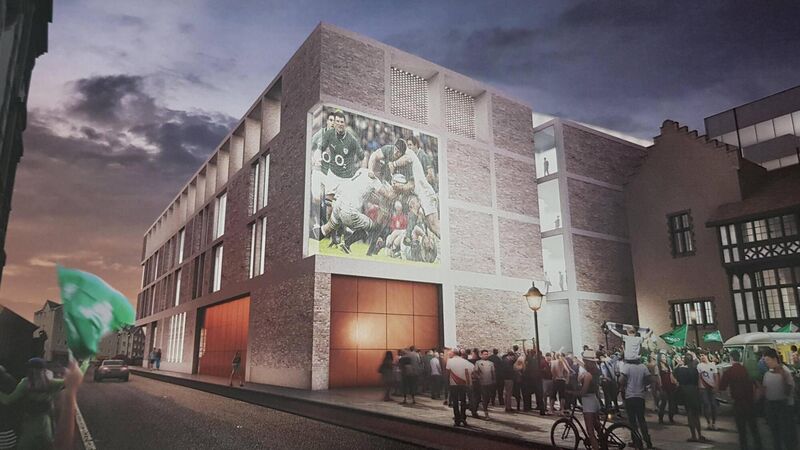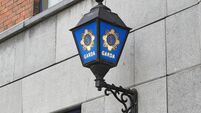City Hall chief says 'significant progress' made on Cork events centre project

A computer-generated image of the revised events centre plans submitted by Bam following a request by planners for further information. Pic: G-Net 3D
Talks between the three key parties involved in Cork's beleaguered events centre project are continuing despite the devastating impact the Covid-19 crisis has had on the global entertainment giant lined up to operate it.
More than six years since the initial tender was awarded for the 6,000-seat venue, final contracts on its complex state funding deal have yet to be signed.
There is still no sign of a construction start date.
Last night, the chief executive of Cork City Council, Ann Doherty, confirmed talks on the venue were ongoing, between City Hall, BAM and Live Nation.
Construction firm BAM won the initial tender for state aid in 2014, which has since been increased to €50m.
It has lined up global entertainment giant Live Nation to operate the venue once it is built.
But the global pandemic and lockdowns have crushed the live-entertainment industry, decimating Live Nation's income, which collapsed by a staggering 98% — from $3.2bn to $74 million.
The company has furloughed thousands of staff as part of a sweeping cost-reduction strategy which saw its CEO Michael Rapino forego his entire $3m salary for the year and other top executives taking 50% pay cuts.
It fuelled fears that Live Nation would abandon its plans to invest up to €35m in the Cork event centre project.
In her update last night, Ms Doherty said BAM and Live Nation are continuing their engagement with the city council.
She said talks have been held with a view to agree the final details of the terms of the public funding and added: "Significant progress has been made in the work required to reach final agreement."
Blighted by years of design, funding and planning delays, the project's complex state-funding mechanism faced a last-minute legal challenge earlier this year.
But the operators of the INEC in Killarney withdrew their legal challenge in April as the scale of the pandemic's impact in Ireland became apparent, fuelling hopes that all hurdles had been cleared.
As Ireland began to emerge from lockdown in June, Foreign Affairs Minister Simon Coveney said he believes the project is still viable.





